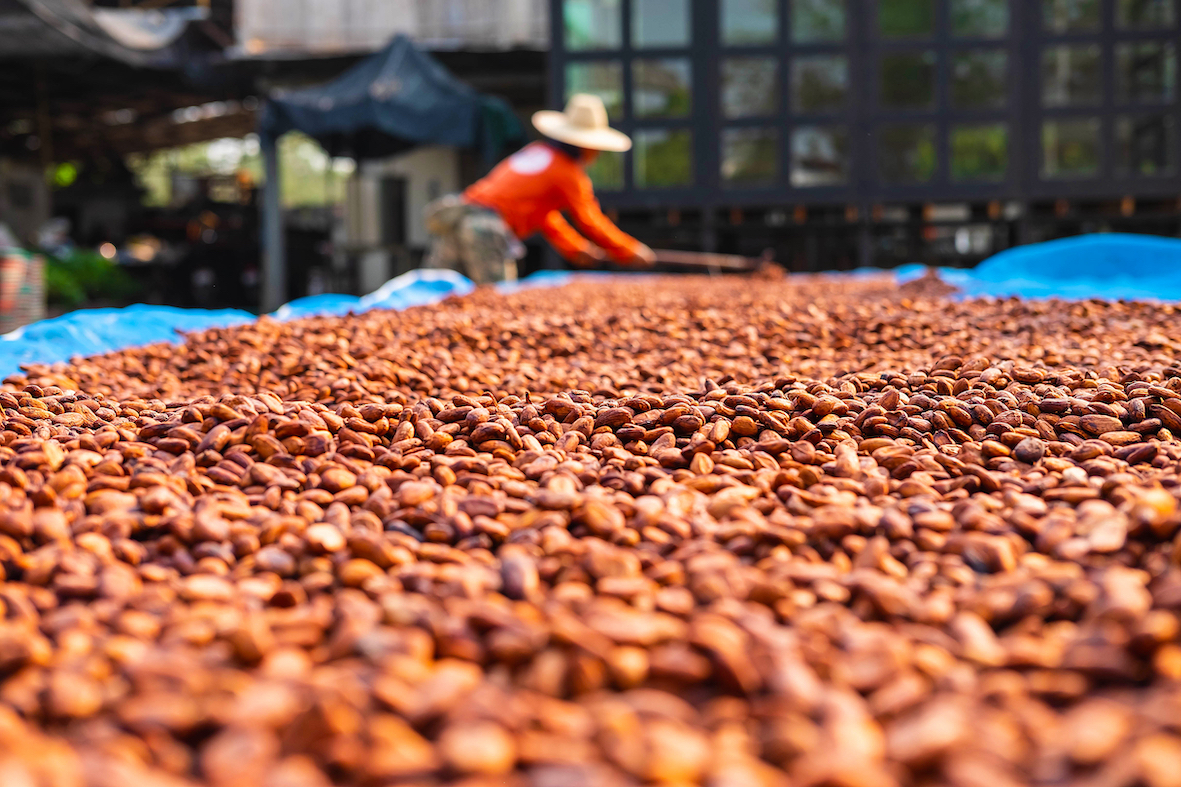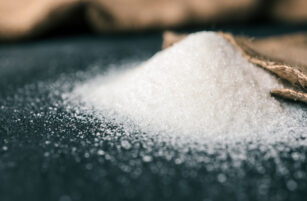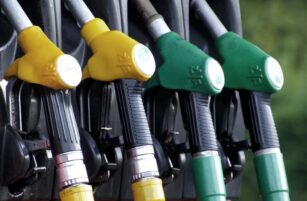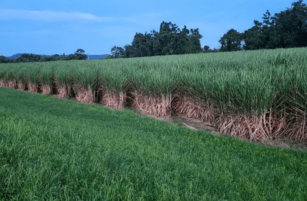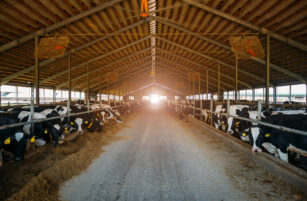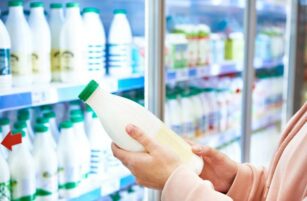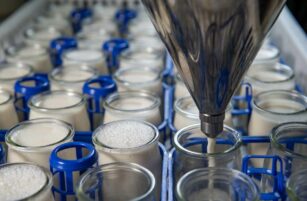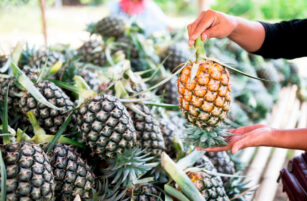Insight Focus
- I currently part-own a cocoa and vanilla farm in Belize.
- Previously, I’ve worked in every aspect of the cocoa supply chain.
- In the coming weeks I will write on what’s important for the global cocoa market.
Over 30 years ago, I worked for a raw sugar export company in Australia and Czarnikow was our broker for sales to refineries all over the world.
I now part-own and run a tiny cocoa and vanilla farm in Belize.
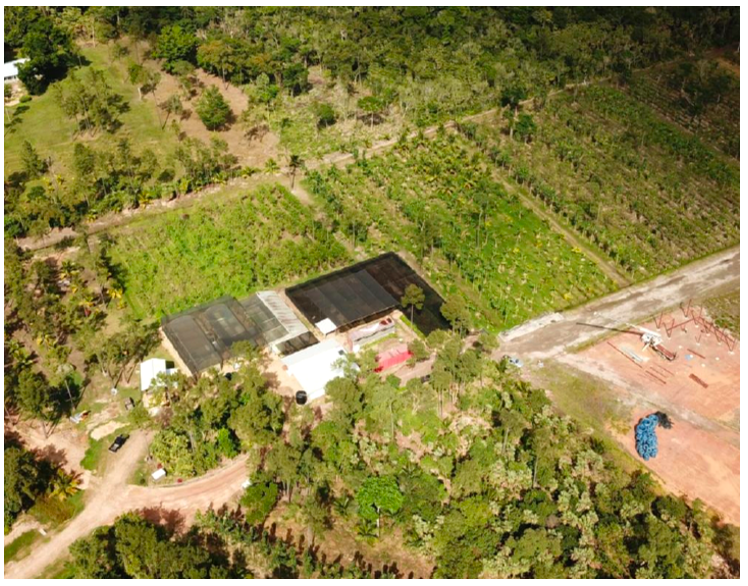
I got here via a stint in the US working for a fast-moving consumer goods company buying sugar, cocoa, and a bit of coffee, then about six years in New York working for a commodity trading firm where I ended up doing a lot of work in cocoa sustainability. I really wanted to get back to the land. I was bought up on a farm in North Queensland, and Belize feels very familiar to me – remote, hot, not many people around, bushfires (yes), a barrier reef, and agriculture.
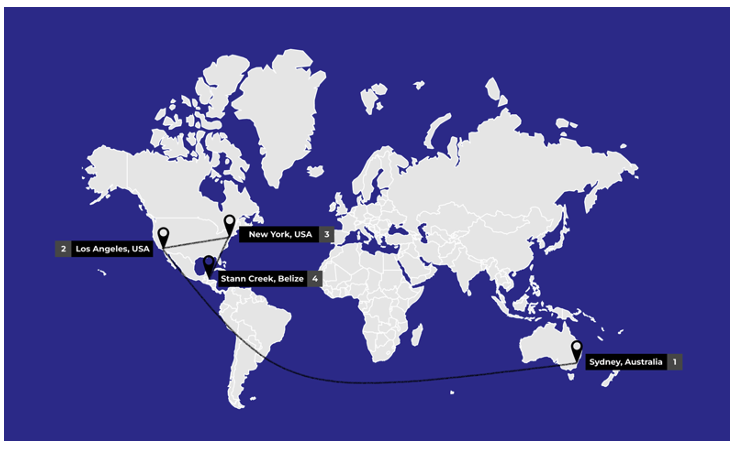
Having worked all through the supply chain from farmer to buyer, the team at Czapp thought I might be able to give you some insights from the field, and how they relate to what you might be seeing where you sit.
Over the next few weeks, I want to show you how things are evolving on farms, and also what still needs to change if we are to both raise living standards in developing countries and address climate change. The two challenges are closely linked. We are working hard to convert our farm to a regenerative agriculture approach as well as to train our 20 or so staff in agroforestry, soil science, health and safety, and manufacturing, amongst other things.
We also get a lot of visitors to our farm from local resorts now COVID has abated. They go completely gaga when they see a vanilla pod growing on a vine.
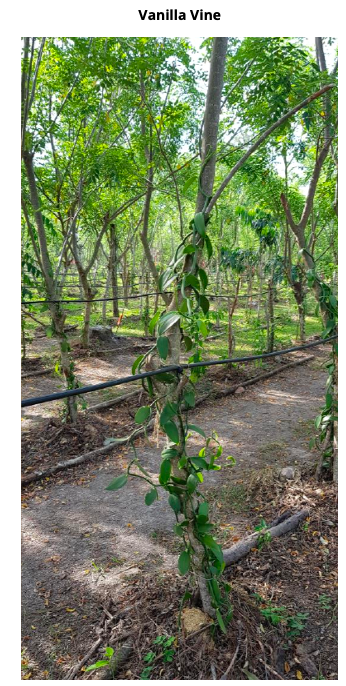
However, explaining our approach to them has left me a little tongue tied. The issues are complex, intertwined and I struggle to get it down to a 30 second explanation before they want to try some chocolate. We get asked questions like:
- Why isn’t your product organic?
- Does it contain nuts?
- Why do you have dogs here?
- Why are there so many bugs?
- Why is your chocolate so expensive?
…and so on. It has made us realise that for all the good work that is being done to improve agriculture, we haven’t yet found a way to explain it to consumers. They seem sceptical about what they are being told in the media and are genuinely afraid of good food.
Then, every couple of months I go back to the US and walk around a supermarket and realise why. The sensory overload and choices available are overwhelming. It takes me 10 minutes to choose some coffee to buy. It’s all got some sort of stamp or claim or badge or QR code linking you back to farmer Juan in Honduras. In the picture that comes up on your phone, Juan and his family are happy and smiling.
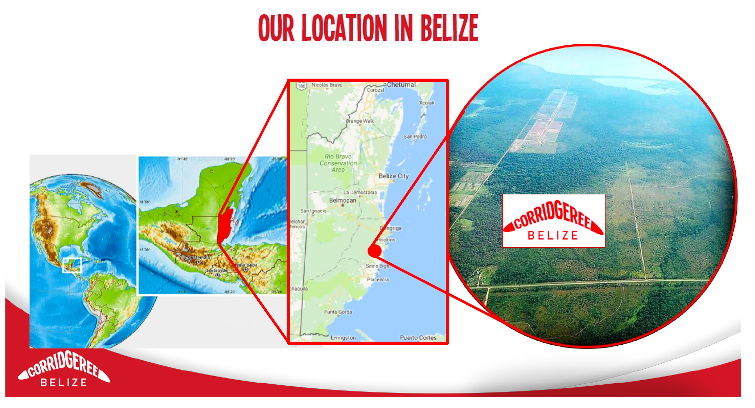
On a clear day, we can see Honduras from where I live in Belize, across the Gulf of Honduras. I can tell you, Juan in the real world (not Juan on coffee pouches) is not too happy. His crop got hit with coffee rust a few years ago, and climate change is moving production to higher altitudes. He has a part time job at the local hardware store, and none of his kids want to be farmers. Juan is not benefitting from the higher coffee prices caused by frost in Brazil because he prefinanced his crop months ago.
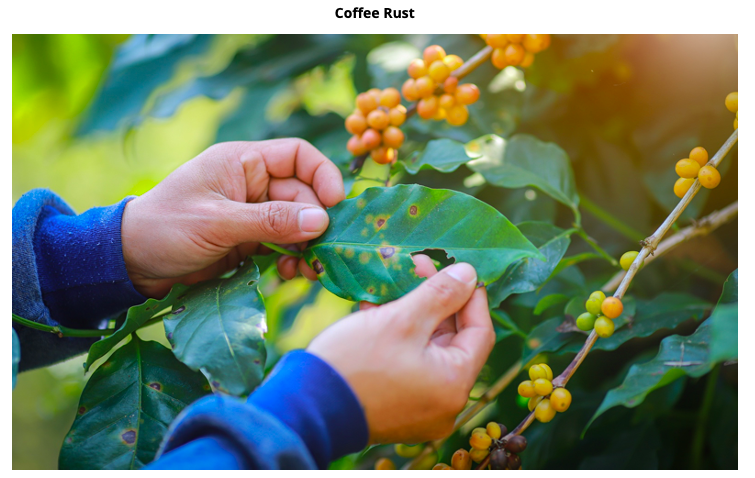
Here’s the bit where I kick the ball into touch. We can’t solve all these challenges in one article. What we can do is highlight some success stories and go into a lot more detail about the issues than what you get on the back of a coffee bag (or a chocolate bar, or a soft drink bottle). There’s a lot of great stuff being done by tenacious, curious builders that gets buried in the news about Ukraine, COVID and Tik Tok.
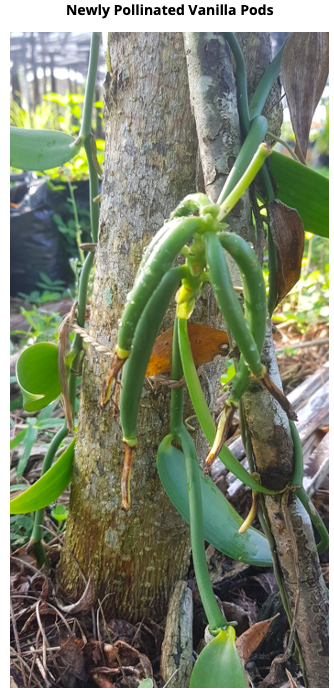
And yes, we have dogs. Five of them, all ‘pot lickers’ as we say here in Belize. We need a deep bench thanks to the jaguars in the area (our farm is next to a jaguar reserve, it’s a home game for them). There are three reasons why we have dogs: most importantly, for security – they are a living doorbell – secondly, because they drive away pests like rats and snakes, and lastly, for this farmer’s mental health.
Other Insights That May Be of Interest…
Little Good News for Soybean Importers, Despite Record US Area
Brazil’s Meal and Oil Exports Hit Record Highs Despite Smaller Soy Crop
